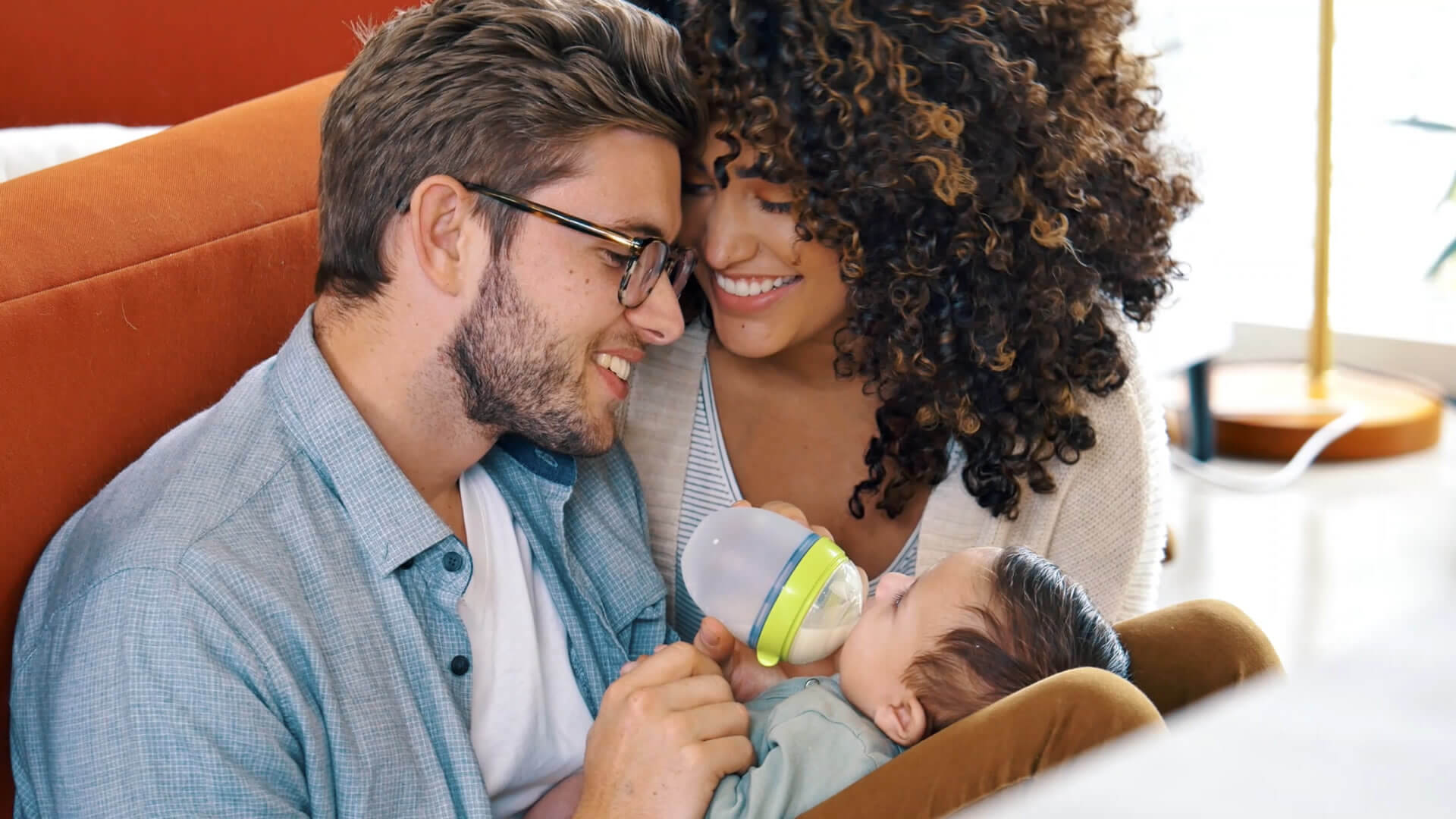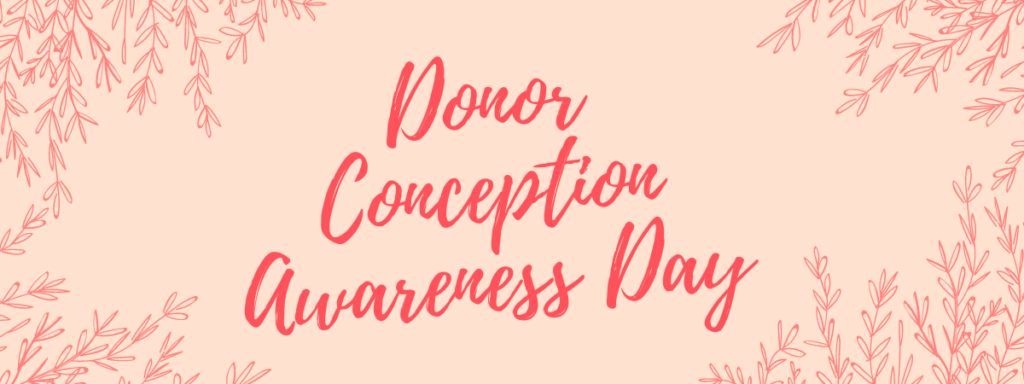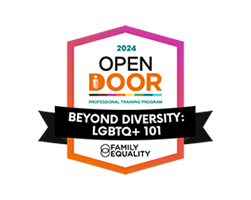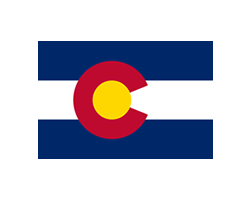April 27 is International Donor Conception Awareness Day. As the parent of a child born through egg donation, this day is personal to me and my family. It’s a day dedicated to raising awareness about families like ours and advocating for the needs and rights of people like my daughter, Corinne, who were born through third-party reproduction.
I’m seven years into the journey of raising a donor-conceived child. It hasn’t always been easy, but most days I feel like I’m getting it right. I’m continuing to learn more and more from the donor-conceived community that is helping to educate parents and the industry about the unique challenges and perspectives of donor-conceived people (DCP). If you haven’t read the 2020 “We Are Donor Conceived Survey,” check it out here.
In honor of Donor Conception Awareness Day, I wanted to share a few tips for intended and recipient parents regarding how to approach talking with your child about being donor conceived based on my personal experience.
- Start early
There was never a question in our family as to whether Corinne would know the truth about her conception. The goal has always been for her to never recall a time when we sat her down and said, “We have something important to tell you.” It would just be part of her story.
We started by reading books about egg donation to Corinne when she was around a year and a half. These books explain conception in the simplest of terms and how sometimes the part that’s needed from the mommy doesn’t work, so the parents need help to have a baby. It’s a great way to lay the groundwork for future conversations with your child. - Let the conversation evolve over time
Telling your child their conception story once is not enough. It’s an ongoing conversation that progresses over time. As Corinne has gotten older, the conversation in our family has evolved to explain that while most people have two branches in their family tree, she actually has three – me, her dad, and the donor (whom we refer to by name) – and there are certain things she gets from all of us. For example, she gets her smile and love of video games from her dad, her blue eyes and athletic ability from the donor, and her sense of humor and affectionate nature from me. In listening to the advice of DCP, we make a conscious effort to recognize and celebrate all the unique traits that makeup Corinne’s identity, including those she gets from the donor. - Initiate conversations and encourage questions
Corinne being donor-conceived is not something we talk about on a daily or weekly basis, but her dad and I do look for opportunities to bring it up organically. It can be as simple as pointing out how fast she runs and mentioning that the donor was a cross-country runner in high school, so that’s a skill Corinne probably gets from her. Other times it’s more direct. For example, if we are reading one of the stories about egg donation, I may share why we chose our donor and what we liked most about her.
Recently, I’ve noticed that Corinne has started to personalize the stories more. She will ask me to replace the names of the parents in the book with my name and my husband’s name and to use our donor’s name. She is also starting to make her own observations and connect them to being donor conceived. For instance, she recently made a comment about how much she likes to draw and wondered if the donor likes to draw, too.
Sometimes Corinne will ask questions about the donor. How old is she? Where does she live? Does she have kids? I’m fortunate in that I have been able to establish contact with our donor over the past few years, so I will often know the answers to her questions.
As a parent, it’s encouraging for me to see that Corinne feels comfortable coming to me with questions about the donor or bringing her up in conversation. That doesn’t mean it’s always easy. Sometimes an insecurity about being the non-genetic parent will pop up and take me by surprise. In those instances, I try to give myself the grace and the space to work through whatever it is that’s bothering me because more than anything, I want Corinne to know that she can always come to me, and no question is off-limits.
The most important thing I’ve learned on this journey is that being open and honest with my daughter builds trust. Every question and every conversation is an opportunity to strengthen the bond between us.
It’s ironic that one of my biggest fears about egg donation prior to becoming a mom was – will I be able to bond with my child if we don’t share a genetic connection. Some of the sweetest moments with Corinne have been when she asked me a question about the donor (her biological mother), and I answered her truthfully or said I would try to find out the answer if I didn’t know it. These conversations usually end with Corinne cuddling up in my lap, putting her head on my shoulder, and saying, “I love you, Mommy.”
Listen to recipient parent, Laura, discuss more of her journey on our podcast.

We help Intended Parents Create Happy Families via Egg Donation & Surrogacy with the help of caring Egg Donors & Surrogates.
Donor sibling registry, egg donation process, Egg Donor Solutions, Intended Parents, Why use an agency?, Intended Parent Resources, Intended Parent Webinar, Getting started, Why our agency?, Selecting your donor.







